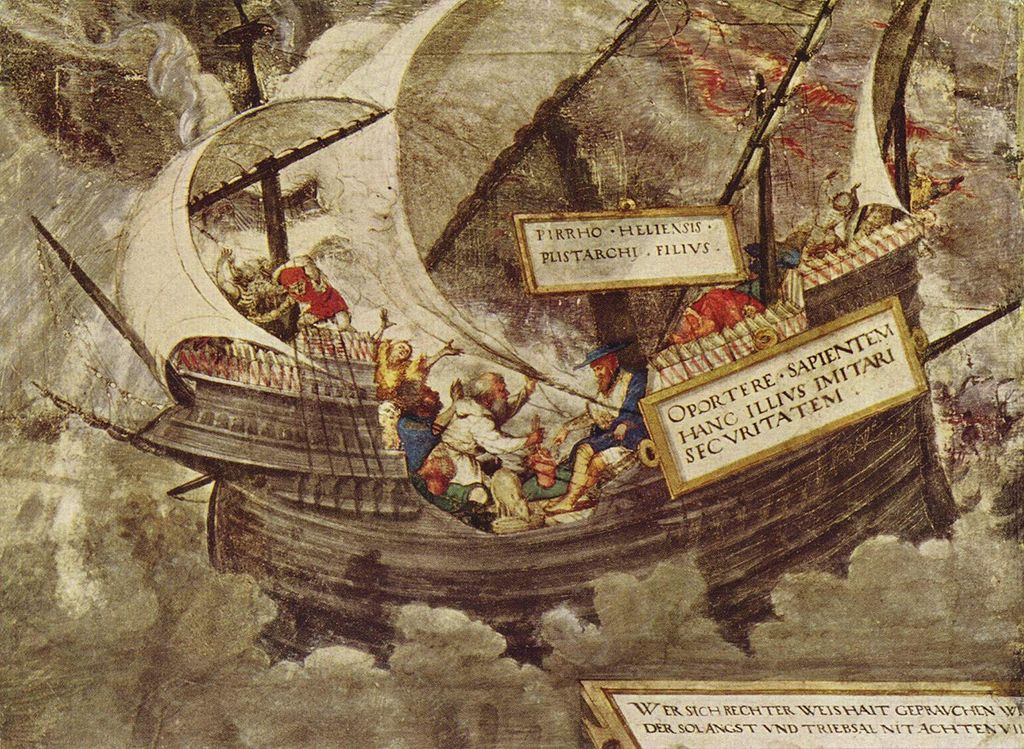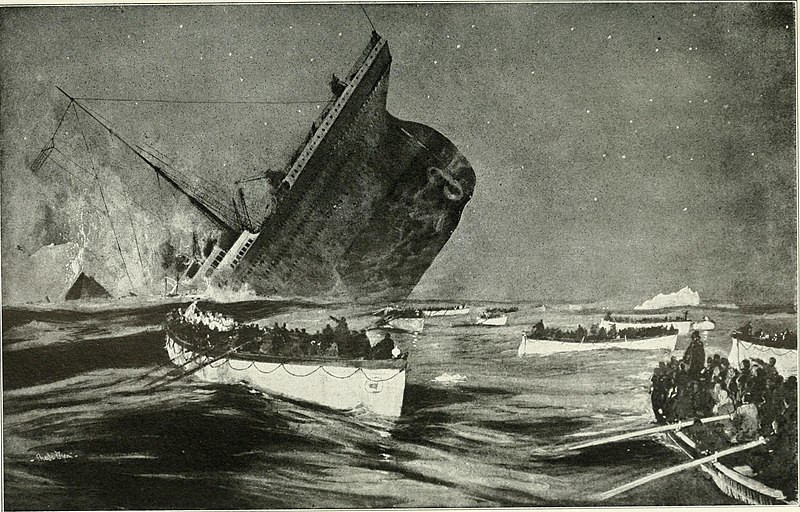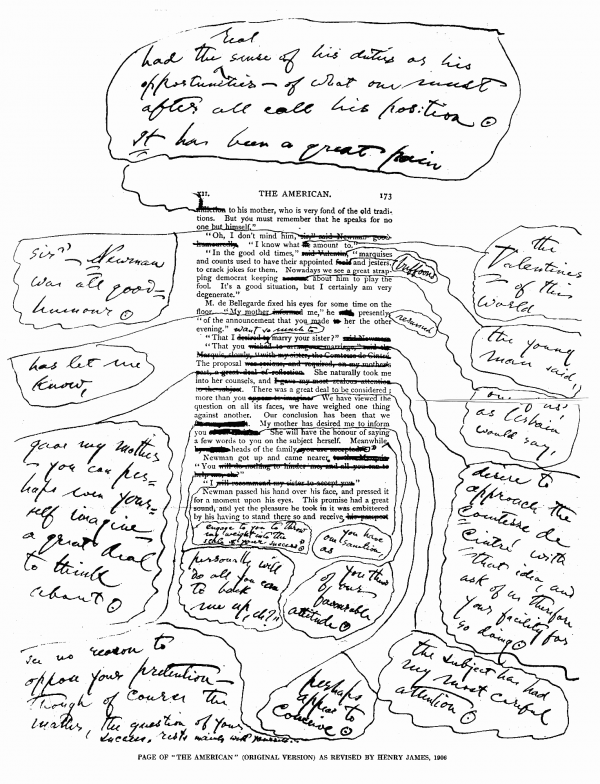Suppose a 5 × 9 rectangle is partitioned into a set of 10 rectangles with integer dimensions. How can we prove that some two of these smaller rectangles are congruent?
Pyrrho’s Pig

Pyrrho the philosopher being one day in a boat in a very great tempest, shewed to those he saw the most affrighted about him, and encouraged them, by the example of a hog that was there, nothing at all concerned at the storm. Shall we then dare to say that this advantage of reason, of which we so much boast, and upon the account of which we think ourselves masters and emperors over the rest of all creation, was given us for a torment? To what end serves the knowledge of things if it renders us more unmanly? if we thereby lose the tranquillity and repose we should enjoy without it? and if it put us into a worse condition than Pyrrho’s hog? Shall we employ the understanding that was conferred upon us for our greatest good to our own ruin; setting ourselves against the design of nature and the universal order of things, which intend that every one should make use of the faculties, members, and means he has to his own best advantage?
— Montaigne, “That the Relish for Good and Evil Depends in Great Measure Upon the Opinion We Have of Them,” 1580
In a Word
arrident
adj. pleasant
agrised
adj. terrified
presentific
adj. causing something to be present in the mind
cacology
n. a bad choice of words
Shortly after physicist Anthony French joined the MIT faculty in 1962, he was asked to teach an introductory mechanics course to hundreds of freshmen.
“I wanted to be cautious about giving it a name,” he said. “So I called it, blandly, ‘Physics: A New Introductory Course.’
“I couldn’t imagine how I could have been so stupid. The students read that as ‘PANIC’ … it was known forever afterwards as the PANIC course.”
Prospect

Imagine a set of people all living in the same building. Half of them think it is a hotel, the other half think it is a prison. Those who think it a hotel might regard it as quite intolerable, and those who thought it was a prison might decide that it was really surprisingly comfortable. So that what seems the ugly doctrine is one that comforts and strengthens you in the end. The people who try to hold an optimistic view of this world would become pessimists: the people who hold a pretty stern view of it become optimistic.
— C.S. Lewis, God in the Dock, 1970
Inventory

Items that fell forward during the last moments of the Titanic, listed in Walter Lord’s A Night to Remember, 1955:
- 29 boilers
- 800 cases of shelled walnuts
- 15,000 bottles of ale and stout
- 30 cases of golf clubs and tennis rackets
- 30,000 fresh eggs
- 5 grand pianos
- a 50-phone switchboard
- 8 dozen tennis balls
- a jeweled copy of the Rubáiyát of Omar Khayyám
- 2 reciprocating engines
- a 1912 Renault Type CB Coupe de Ville
Also tons of coal, a cask of china intended for Tiffany’s, dozens of potted palms, innumerable shuffleboard sticks, “tumbling trellises, ivy pots and wicker chairs in the Café Parisien,” and the ship’s enormous anchor chains, each link of which weighed 175 pounds. “Seen and unseen, the great and the unknown tumbled together in a writhing heap as the bow plunged deeper and the stern rose higher. The strains of ‘Autumn’ were buried in a jumble of falling musicians and instruments. The lights went out, flashed on again, went out for good.”
End of Hiatus
Okay, that’s enough of that.
Geomagic
Hiatus
After 17 years, I think I’m going to take a bit of a break for a little while. I may post irregularly while I decide whether to continue.
In the meantime the blog archive and the podcast are still available. Thanks, as always, for reading!
Greg
P.S. Wow, thanks for all your kind messages! There are too many to respond to, but I’m reading every one. Thanks again!
Poser
A puzzle by Mel Stover:

Move the minus sign to make an expression equivalent to nine fifty.
(If you sense a trick, you’re right.)
Second Thoughts
Literary scholar Robert Hauptman calls this “marginal emendation run amok” — it’s a page from Henry James’ 1877 novel The American as James revised it anxiously for a new edition in 1907. He had decided the plot was unconvincing and asked for so many changes that two copies of the book had to be inlaid page by page on larger sheets to give him room to mark all the revisions.
On the last page, above, “James has partially or fully crossed out 16 of the 19 lines and rewritten the text for the definitive New York edition in the margins and at the foot of the page,” notes Hauptman. “His scrawling alterations cover virtually all of the generous white space and must be inserted in at least three different locations in the original text. Words are blotted out or struck in the new version, and as he approaches the bottom of the page, the lettering diminishes in size, because he realizes that he will run out of room.”
“The work on the earlier novels has involved much labour — to the best effect for the vile things, I’m convinced,” James had written to Grace Norton that March. Modern critics generally disagree — most editions today use the original version.
(From Robert Hauptman, Documentation, 2008, and Harvard’s Marks in Books, 1985.)



